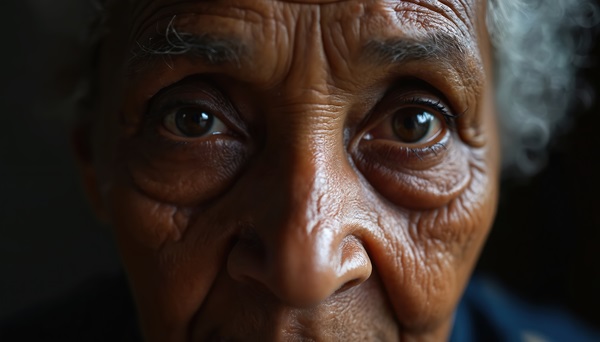
Keeping Records Is Critical for Your Loved One’s Safety and Your Case
Discovering signs that your loved one might be being neglected in a Chicago nursing home is heartbreaking and stressful. Many families struggle with questions about what to do next. Should you confront the facility? Should you remove your loved one immediately? Should you file a complaint? While these are important decisions, there is one step you can start right away that will protect both your loved one’s health and their legal rights: start documenting everything.
At Ferrell Young, LLC, our Chicago nursing home neglect attorneys have helped many families navigate these painful situations. We know that strong documentation often makes the difference between a nursing home negligence claim that gets ignored and one that gets justice. Maintaining clear records helps establish evidence that nursing home staff failed to provide appropriate care. It also gives your attorney critical evidence if you decide to pursue legal action for nursing home neglect.
Here are some of the most important details you should track if you suspect your loved one is being neglected in a Chicago-area nursing home or assisted living facility.
Physical Signs and Health Issues
Begin by writing down any injuries, medical problems, or changes in your loved one’s condition. This can include:
- Bedsores (also known as pressure ulcers), including their location, size, and appearance
- Unexplained bruises, cuts, or welts
- Frequent infections, like urinary tract infections or sepsis
- Sudden weight loss or signs of dehydration
- Poor hygiene, such as dirty clothes, unwashed hair, or soiled bedding
- Mobility issues that seem to have worsened because the staff did not assist with moving
Take photos whenever possible, especially of visible injuries or unsafe conditions, such as dirty rooms or hallways. Pictures provide a timestamped record that can be hard for a facility to dispute later.
Changes in Behavior or Emotional Wellbeing
Neglect does not always show up as a physical injury. Often, the first signs are emotional or mental. Write down any changes you notice in your loved one’s behavior. This might include:
- Withdrawal from activities they once enjoyed
- Refusing to speak or engage with family members
- Showing signs of fear or anxiety around particular staff members
- Crying or becoming unusually upset when you prepare to leave after a visit
These changes can be powerful indicators that something is wrong, and documenting them can strengthen your case.
Staffing Issues and Facility Conditions
Keep track of what you see when you visit the nursing home. Are there enough staff members on duty, or does the facility seem short-handed? Do residents have to wait long periods for assistance? Are hallways cluttered or dirty? Does the building have odors that suggest poor sanitation?
Record dates and times you notice problems. This level of detail can help reveal patterns that support a claim of neglect. If your loved one mentions that staff ignore call buttons or take too long to assist with meals or bathroom needs, write it down. Even small details can become important pieces of a larger picture.
Conversations with Staff and Management
If you speak with nurses, aides, or administrators about your concerns, document what was said and when it was said. Note the names of anyone you talked to, their job titles, and the substance of your conversations. If they promise to look into an issue, make a note of that as well.
Many families assume management will address problems after they are reported, but unfortunately, that does not always happen. Having a written log of your efforts to raise concerns demonstrates that you attempted to work with the facility and can be crucial if the case proceeds to litigation.
Visits and Communication Attempts
Keep a record of every time you visit or call your loved one. If you notice changes from one visit to the next, note them. If you try to reach staff by phone and they do not return your calls, write down the date and time you called and a record of what was said.
Also, track whether your visits are being restricted without good reason. If staff suddenly claim your loved one is not available or repeatedly discourage visits, this could indicate they are trying to hide neglect or abuse.
Why Your Documentation Matters
Thorough documentation does more than support a potential nursing home lawsuit; it also provides a clear record of events. It can help keep your loved one safer in the present. Nursing homes in Chicago are regulated by state and federal laws that require a certain level of care. By creating a clear record, you increase the chances that the facility will take your concerns seriously and make the necessary changes.
If neglect continues and legal action becomes necessary, your records will give your attorneys a strong foundation to prove negligence. At Ferrell Young, LLC, our Chicago nursing home neglect lawyers know how to take well-documented cases and turn them into compelling claims that demand accountability.
Talk to a Chicago Nursing Home Neglect Attorney Today
No one wants to think about their family member suffering because of neglect. If you suspect something is wrong, trust your instincts and begin documenting the situation immediately. Then reach out to an experienced Chicago nursing home abuse attorney at Ferrell Young, LLC. We can review your records, conduct further investigation, and advocate for justice on behalf of your loved one.
Contact us today for a free consultation. Let us help protect your family and hold negligent nursing homes accountable.
